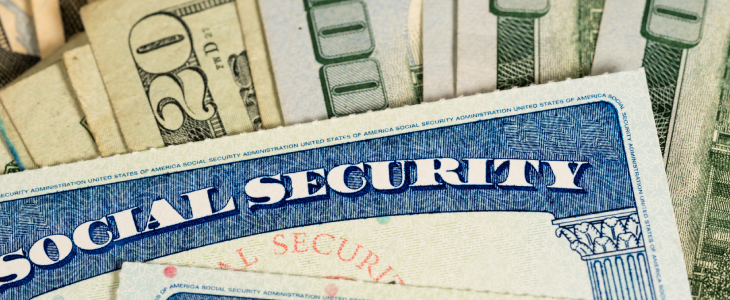Unemployment fraud is a serious issue that has become more prevalent in recent times. It occurs when an individual falsely claims unemployment benefits that they are not eligible for. Due to the current economic situation, there has been a significant increase in cases of such fraud, resulting in more attention from legal authorities. Whether someone commits this fraud intentionally or by mistake, the consequences can be severe, including substantial fines and the possibility of imprisonment. It’s important to understand the risks and penalties associated with unemployment fraud to avoid any legal issues.
What is Unemployment Fraud?
Unemployment fraud involves knowingly providing false information or withholding information to receive unemployment benefits. Common forms of this fraud include claiming benefits while employed, failing to report income, or using someone else’s identity. These deceptive actions can be intentional, like fabricating job searches, or accidental, such as misunderstanding the eligibility requirements. Regardless of intent, both scenarios can trigger investigations and serious charges. Understanding the specific behaviors that constitute unemployment fraud is crucial for anyone involved in the filing process to ensure they remain on the right side of the law.
Legal Consequences of Unemployment Fraud
The legal consequences of unemployment fraud in Michigan are severe and can significantly impact one’s life. If found guilty, individuals may face criminal charges ranging from misdemeanors to felonies, depending on the amount of money falsely claimed. Penalties include hefty fines, repayment of wrongfully received benefits with interest, and even imprisonment. For larger sums, the charge could escalate to a felony, potentially resulting in several years behind bars. Beyond immediate legal repercussions, a conviction can stain a person’s criminal record, complicating future employment opportunities, limiting professional licensing, and restricting access to public benefits. It’s essential for anyone accused of or involved in such cases to understand the gravity of these potential outcomes and the legal processes that follow.
Financial Implications
When accused of unemployment fraud, the financial implications extend beyond simple repayment of the benefits received. Individuals must repay these funds with added interest, which can accumulate quickly, substantially increasing the debt owed. Additionally, courts may impose fines as part of the sentencing, further straining one’s financial situation. Long-term consequences are equally daunting; a fraud conviction can adversely affect one’s credit score, making it difficult to secure loans, mortgages, or even rent properties. These financial burdens underscore the seriousness of facing unemployment fraud charges and highlight the need to carefully manage unemployment claims from the outset.
Preventing Unemployment Fraud
Preventing unemployment fraud begins with thorough honesty and diligence in handling claims and reporting information. It is crucial to accurately report all work activities and earnings during the period for which unemployment benefits are claimed. Double-check all submitted forms for errors or omissions before submission to avoid accidental misrepresentation. If there is any confusion about the process or eligibility requirements, seeking advice from qualified professionals or directly consulting with the unemployment agency is advisable. Educating oneself about the rules governing unemployment benefits is the best defense against inadvertently committing fraud.
How We Can Help
At Federal Criminal Attorneys of Michigan, we provide robust defense strategies for those accused of unemployment fraud, ensuring your rights are protected throughout the legal process. Contact us today for a consultation, and let us help you address your legal challenges with confidence and clarity.

